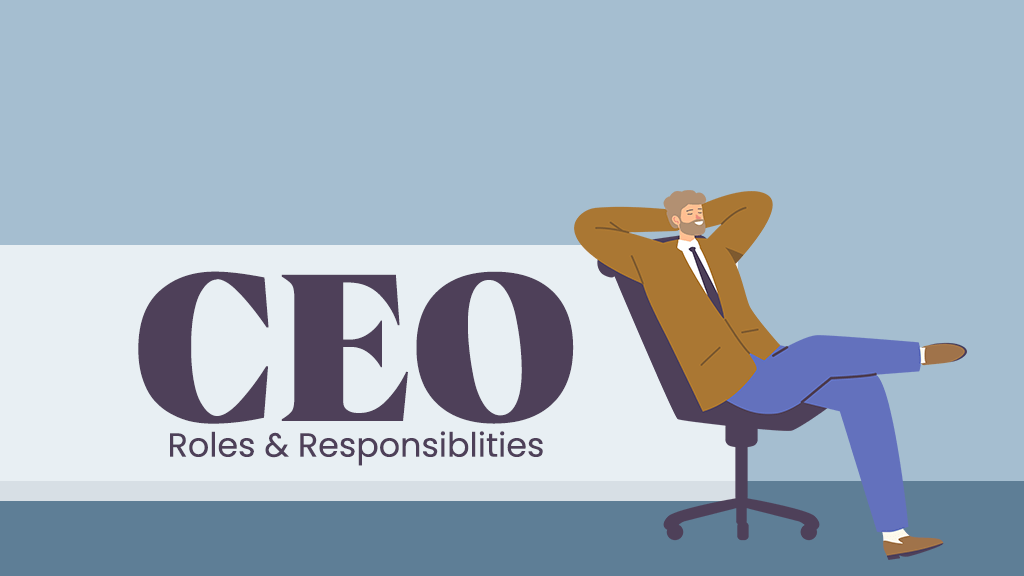The Enduring Roles and Responsibilities of the Chief Executive Officer (CEO)

In the intricate business world, where decisions have far-reaching consequences, and the stakes are always high, the Chief Executive Officer (CEO) is a beacon of leadership, a guiding force that steers the company through the complexities of the corporate landscape. The CEO, often called the captain of the ship, is the visionary who sets the course, the strategist who plots the path, and the orchestrator who harmonizes the diverse talents within the organization.
Imagine a company as a grand orchestra, each instrument representing a department, each musician playing their part in creating the symphony of success. The CEO is the maestro, the one who conducts the ensemble, ensuring that every note is in tune, every beat in sync, and every performance a harmonious masterpiece.
The CEO’s responsibilities extend far beyond the confines of a single desk. They embody the company’s ethos, the architect of its strategies, and the guardian of its reputation. They are the face of the organization, the voice that speaks for the collective efforts of its employees, and the inspiration that drives innovation and growth.
Like a skilled sculptor, the CEO molds the company into a shape that reflects its vision, chiseling away at inefficiencies and polishing the strengths that set it apart. They are the custodians of the company’s resources, ensuring that every dollar is spent wisely, every investment made with foresight, and every asset managed carefully.
In a world where market forces are as unpredictable as the tides, the CEO stands as an anchor, providing stability and direction in the face of uncertainty. They are the decision-makers, the risk-takers, and the problem-solvers, navigating the ever-changing business environment with agility and resilience.
The CEO’s role has its challenges. They must navigate a delicate balance between the demands of shareholders, the needs of employees, and the expectations of customers. They must contend with fierce competition, technological disruptions, and the ever-evolving landscape of consumer preferences.
Yet, amidst these challenges, the CEO remains steadfast, their resolve unwavering in pursuing the company’s goals. They are the motivators, the cheerleaders, and the champions of the company’s spirit, fostering a culture of excellence and inspiring employees to give their all.
In the grand narrative of business, the CEO is the protagonist, the hero who leads the company through trials and triumphs, shaping its destiny and leaving an indelible mark on its legacy. Their impact extends beyond the balance sheet, influencing employees’ lives, communities’ well-being, and industries’ trajectories.
The CEO is not merely a position of power; it is a calling, a responsibility that demands exceptional leadership, unwavering commitment, and an unwavering belief in the company’s potential. It is a role that requires intelligence, strategic acumen, empathy, resilience, and the ability to inspire those around them.
As the business world continues to evolve, the role of the CEO will remain as crucial as ever. They will be the pioneers, the innovators, and the navigators of uncharted territories, shaping the future of commerce and leaving an enduring mark on the global landscape.


















































